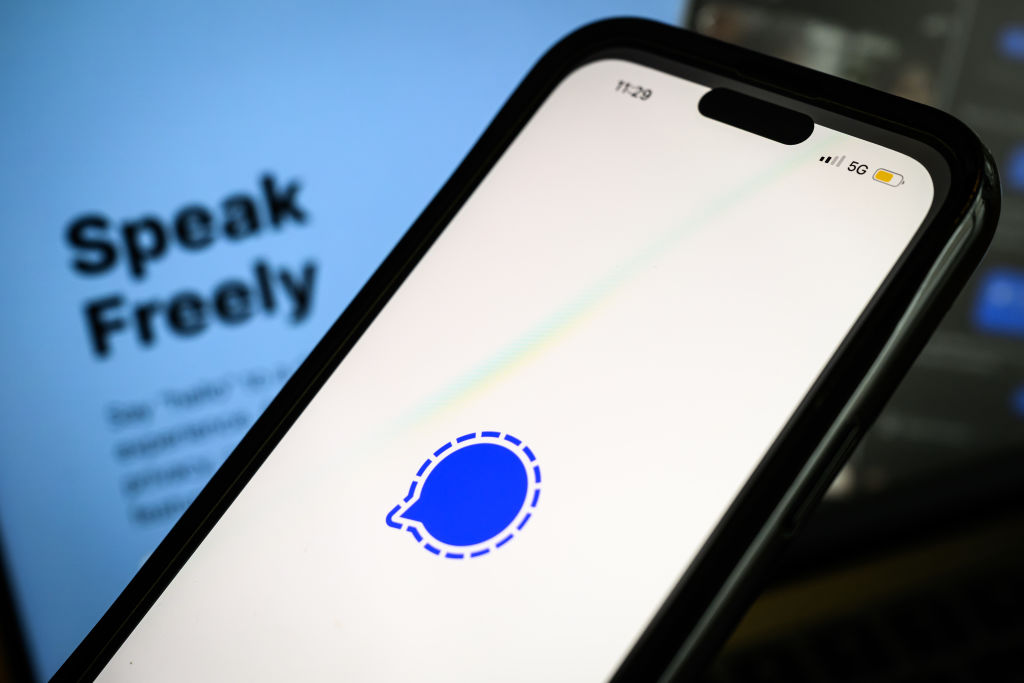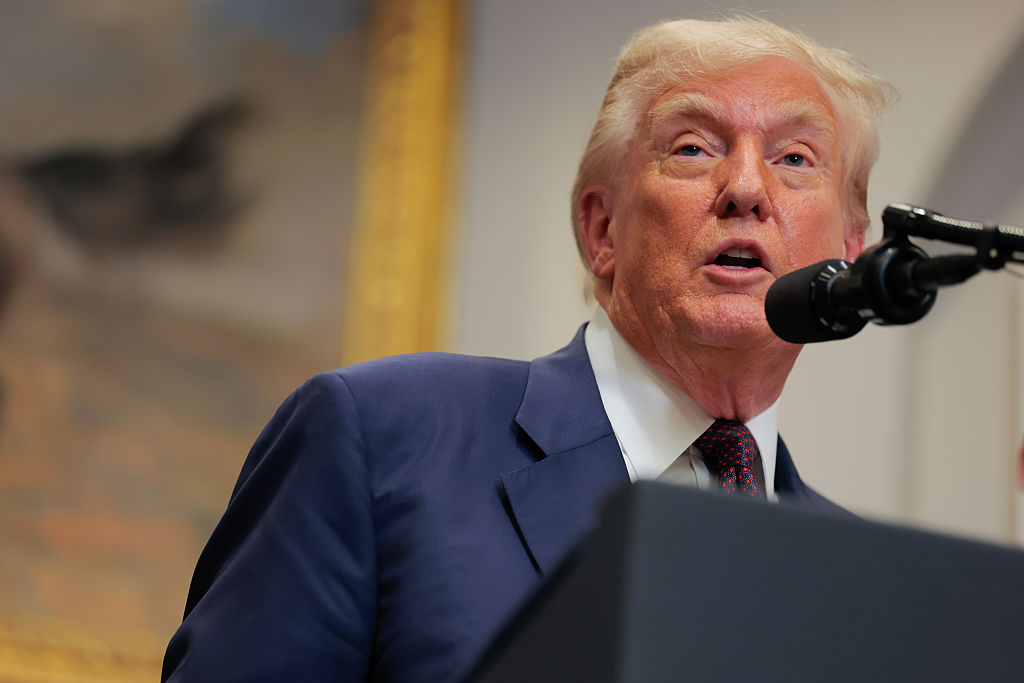Signal is the fashionable place to discuss shady business – and that is probably what tempted National Security Advisor Mike Waltz, a military man with a previous in at the Pentagon, into using the app to discuss American air strikes against the Yemeni Houthis with top Trump administration officials. It was Waltz who added the Atlantic’s editor-in-chief Jeffrey Goldberg to the “Houthis PC small group” on March 13, two days before the strikes. To people like Waltz, Signal is the obvious place to plot such an operation.
But Signal is also the app you use when you want the world to know that you have something to hide. I have the app – and when I look at which of my contacts also do, as anyone can, the list includes a former CIA officer, an American arms dealer and an aging Islamist who fought in the 1979 Afghan-Soviet war. Signal promises “state-of-the-art end-to-end encryption powered by the open source Signal Protocol” – and has become a haven for spooks, former spooks and wannabe spooks.
Read Goldberg’s account of what happened in the Houthi groupchat, and you’ll see Defense Secretary Pete Hegseth enjoying himself a bit too much: a leader of the free world, sending death from their phones. He revels in being able to update his cabinet colleagues on the strikes, which would go on to kill 53 people. Treasury Secretary Scott Bessent was in the chat. Did he really need to be?
It’s the narcissism of connectivity. Politicians, officials, activists and journalists have all become addicted to what they think are secret messaging apps. Signal is clearly not a safe place to be discussing military operations, yet nor are its rivals. In France and in the European Parliament politicians do their work on Telegram, where messages are not even end-to-end encrypted. (On Signal, messages are scrambled between the devices that are sending and receiving; on Telegram they are not.) Emmanuel Macron is known to be a personal fan of Telegram – and says it is a complete coincidence that the French government gave its founder Pavel Durov French citizenship in 2021.
Telegram is popular among shady types in Britain too. White nationalists used it to organize nationwide riots this summer following a terror attack – and Mark Collett, the leader of a white nationalist group called Patriotic Alternative, runs a popular Telegram channel with more than 20,000 subscribers. Mostly he just uses it like a conspiracist boomer’s Facebook page. Today he posted a happy birthday message for the Holocaust denier David Irving. His message got four fire reacts and 97 love hearts.
Britain’s politicians haven’t moved away from WhatsApp, which tells you a lot about how seriously they take security. WhatsApp claims to be end-to-end encrypted, but it’s owned by Meta – and these days any decent hacker can clone a phone and rip off all your messages, never mind the encryption.
Politicians and officials with sense should obviously stop using any messaging app for government business. They should take the advice of John Foreman, a Spectator contributor and the UK’s military attaché in Moscow from 2019 until 2022. He says there are a few government channels that are truly safe, but otherwise everything is compromised. “You are being listened to the whole time,” John tells me. “You are being watched the whole time.”
John remembers being in his apartment in Moscow, which he assumed was bugged, and trying to talk to his wife about a sensitive subject. He climbed under the duvet and wrote her notes on a piece of paper to avoid detection. “I couldn’t have a conversation in my apartment. So I had to resort to communicating like spies did in the 1980s,” he says. Sometimes it’s safer to just put it in writing, then burn after reading.


























Leave a Reply